African rappers evaluate hip hop scene
Hip hop in Africa is a tradition that was adopted from the US between the 1980s and early 1990s. Since then, hip hop has grown to become a dominant force in Africa, with rappers from across the continent evolving the genre at a constant rate.
 Outspoken says Zimbabwean hip hop is on a journey to find its own identity.
Outspoken says Zimbabwean hip hop is on a journey to find its own identity.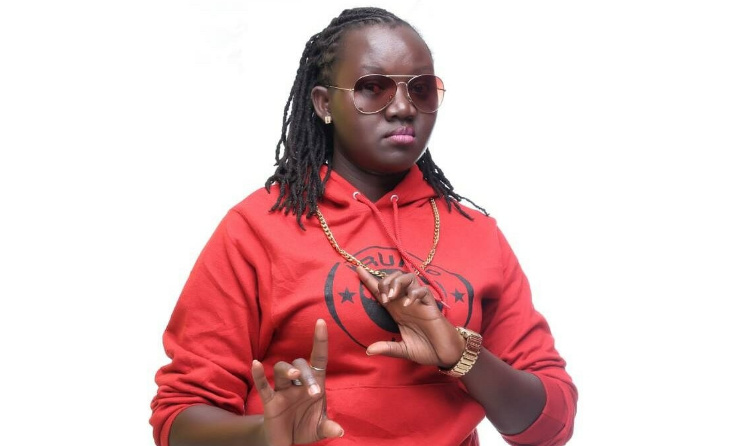 Shirley May says female rappers in Uganda need support.
Shirley May says female rappers in Uganda need support. Martial Pa’nucci says today's hip hop is overly commercial.
Martial Pa’nucci says today's hip hop is overly commercial.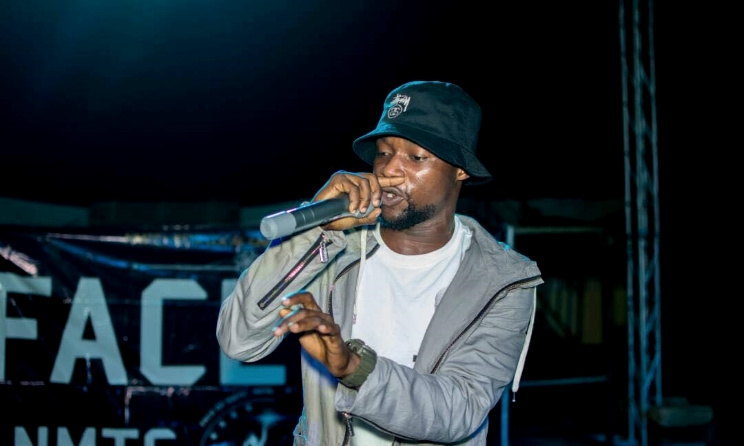 Keeny Ice says Ghana's hip hop scene is thriving.
Keeny Ice says Ghana's hip hop scene is thriving.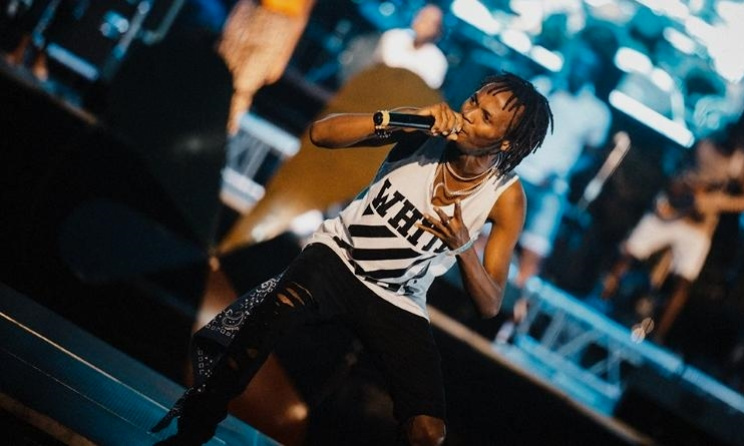 Prince Mshindi says female rappers in Burundi are judged as unethical.
Prince Mshindi says female rappers in Burundi are judged as unethical.
Some critics have suggested that newer derivatives of hip hop have become exceedingly commercialised, losing their educational, critical and philosophical traits that defined the genre in the first place. Others argue that hip hop content is based on the socio-political realities in different countries. In Tanzania for example, rappers such as Nash MC, Nay Wa Mitego and Roma Mkatoliki have used this genre to challenge despotic leaders and to talk about matters relating to the music industry.
Music In Africa spoke to African rappers about the current state of hip hop in their respective countries.
Here is what they had to say:
Martial Pa’nucci, rapper and activist (Congo Brazzaville)
I would describe my music as socially conscious hip hop with thematic texts useful to society. Most of the time I fuse rap and electronic beats and include traditional instruments such as the balafon, drums, kora and calabash.
Current mainstream hip hop music has been commercialised and does not define the true purpose of the hip hop culture, which is to awaken the consciousness, to claim positive change in society and to denounce social injustices.
As for the state of hip hop music in Congo, I would say the scene is very much male-dominated but there a few female rappers who have proven themselves. However, they tend to have short careers, mainly because there are not many collaborative projects between male and female rappers. But I believe if we had more platforms that showcase local talent, then they would be able to stand out on their own.
Prince Mshindi, gospel rapper (Burundi)
Hip hop is still a new concept here in Burundi. However, the majority of the few rappers around are doing gospel. The reason for this is because there are many platforms that celebrated gospel music as opposed to secular music, such as Kuri Beat, Turning Point, Pamoja Festival and the Pamoja Awards.
The industry is male-dominated, mostly because our culture grants privileges to men over women, and this translates even in music. So whenever a female rappers come up, they are normally judged as unethical and most of them give up.
Keeny Ice, rapper (Ghana)
Hip hop has a history, it’s a voice for the voiceless, but regardless of everything, self-politics and wordplay is also part of the culture. But I think we can change the narrative. As African rappers there are a lot of issues we can address, many stories we can tell, just like I did with my song, ’Gankivi’, where I painted a picture of where I’m coming from, the hustle by the youth to survive and a message to the next generation.
In Ghana, we have a percentage of American influence in our instrumentation. But the delivery is local. We normally blend our local languages like Ewe, Twi, Hausa, and Fante with English and still settle well with music lovers elsewhere in the world. Some of the artists that dominate the scene are Sarkodie, EL, Teephlow, Wanlov, Worlasi and female rappers such as Eno and Freda Rhymz.
I believe the success of hip hop in Ghana is owed to hip hop and arts festivals across the country, even though they are not mainstream, and several spaces dedicated to the celebration of hip hop and art such as Steeze, which is in the Volta region.
Shirley May, rapper (Uganda)
Female representation in Uganda’s hip hop scene is still very low. Many love the game, join but drop out before they accomplish anything substantial. And from my experience, I think the major contributor to this is that there isn’t much support for female rappers. Hip hop is seen as more of a male genre.
When it comes to production, most of the music carries a lot of influence from American hip hop and this is because we don't have a particular sound that can be attached to Uganda – we pick inspirations from different countries. But we have some music producers trying to produce beats that have more of the African or Ugandan touch. So I believe we'll get there one day.
Outspoken, rapper and activist (Zimbabwe)
I think the purpose of hip hop is to be a reflection of reality, an outlet for artists and young people to creatively use it in challenging their plights. Unfortunately, for the most parts, sex and violence are big earners and very marketable. So I think the evolution of rap has grown to not just reflect what is happening around us but also realities that people aspire to live up to. But then the violence and sex are always a false representation of what we need in society.
Hip hop in Zimbabwe is on a journey to find its own identity, but it already has an identity, as skew as that may be. The music scene draws a lot from different styles. However, it is important to note that art should not be defined, restricted or confined to certain areas and spaces because there is a lot of cross-pollination that happens in art. To touch on the gender representation in hip hop, it is still very much male-dominated, but we do have a new crop of up-and-coming female MCs who are coming to the fore.







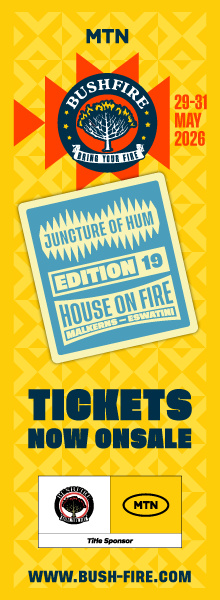












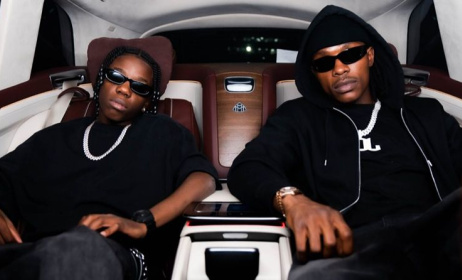

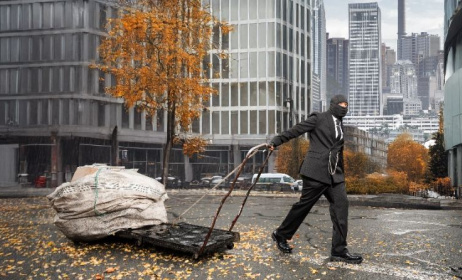
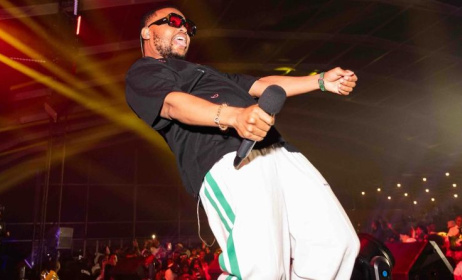

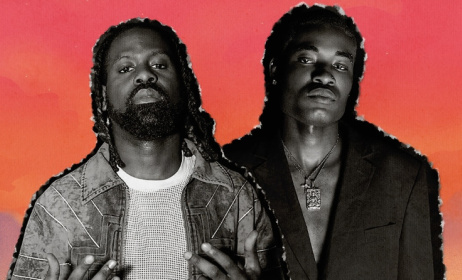


Comments
Log in or register to post comments